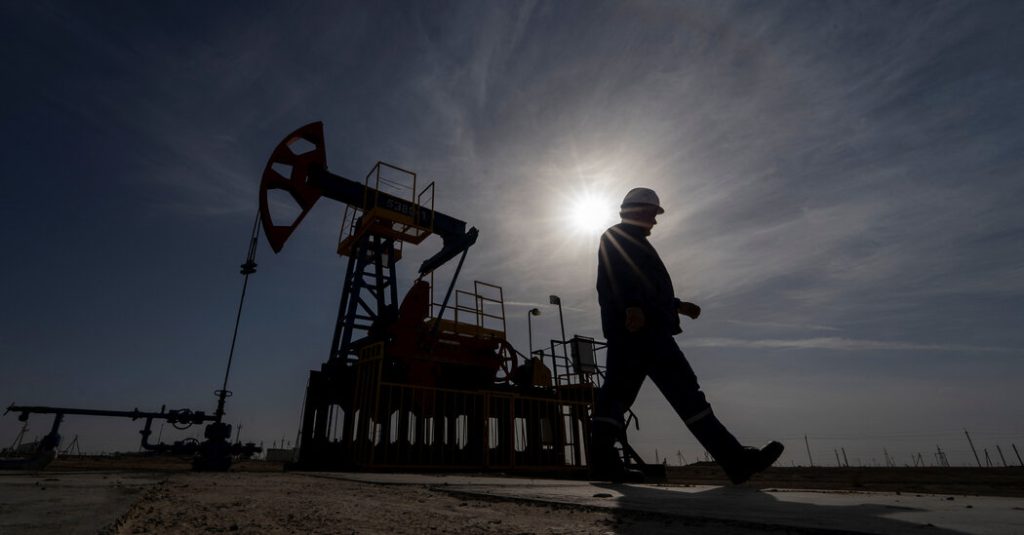Global markets experienced a spike in oil prices, with the price of Brent crude rising to over $91 a barrel, fueled by growing tensions in the Middle East. This rise poses challenges for President Biden and raises questions about the timing of interest rate cuts by the Fed. Analysts predict that oil prices could climb above $100 by September, creating potential inflation risks. Gasoline prices in the U.S. have already increased by 6 percent in the past month, just before the summer driving season. Market watchers are concerned about a wider conflict in the Middle East after recent attacks, which could disrupt oil supply.
Alphabet, the parent company of Google, is reportedly considering a takeover bid for HubSpot, a maker of online marketing software. This potential acquisition would be Alphabet’s biggest ever and a rare move for a tech giant under intense antitrust scrutiny. Ford has announced delays in the production of several electric vehicle models, opting to focus on making more hybrid cars and trucks instead. Activist investor Nelson Peltz reportedly earned a hefty profit from his battle with Disney, despite failing to win any board seats.
Paramount’s talks to merge with the studio Skydance involve a complex ownership structure that requires a special board committee to weigh competing demands. Shareholders have expressed concerns about the potential deal, with some advocating for a sale and others believing the company is undervalued. The future of Paramount will depend on the special committee’s decisions and negotiations with potential buyers like Apollo Global Management. The goal is to avoid lengthy litigation and ensure a favorable outcome for all stakeholders.
The S.E.C. has paused new climate disclosure rules after facing legal challenges from over 30 parties, including energy companies and industry groups. The rules, aimed at increasing transparency around climate risks, face uncertain prospects amid political and legal opposition. The agency has defended the rules’ validity and plans to vigorously defend them in court. Companies are already facing heightened climate disclosure requirements in the E.U. and certain U.S. states, with potential regulatory changes depending on future political shifts.
The collapse of the Francis Scott Key Bridge in Baltimore has sparked a debate over who will pay for the billions in damages. President Biden has pledged federal support to cover the entire cost, but insurance claims and legal battles are expected to delay the resolution of this issue. Insurers and reinsurers could be liable for up to $4 billion in claims, with potential legal defenses being deployed by the ship’s owner to limit their liability. The reinsurance industry is expected to cover the costs without requiring government support, despite the significant financial impact.
Overall, the global markets are facing challenges due to the spike in oil prices, potential mergers and acquisitions in the tech and automotive industries, complex negotiations at Paramount, regulatory uncertainties around climate disclosure rules, and legal battles over the Baltimore bridge collapse. These developments highlight the interconnectedness of markets, the importance of sound decision-making by companies and regulators, and the need for transparency and accountability in business dealings.


